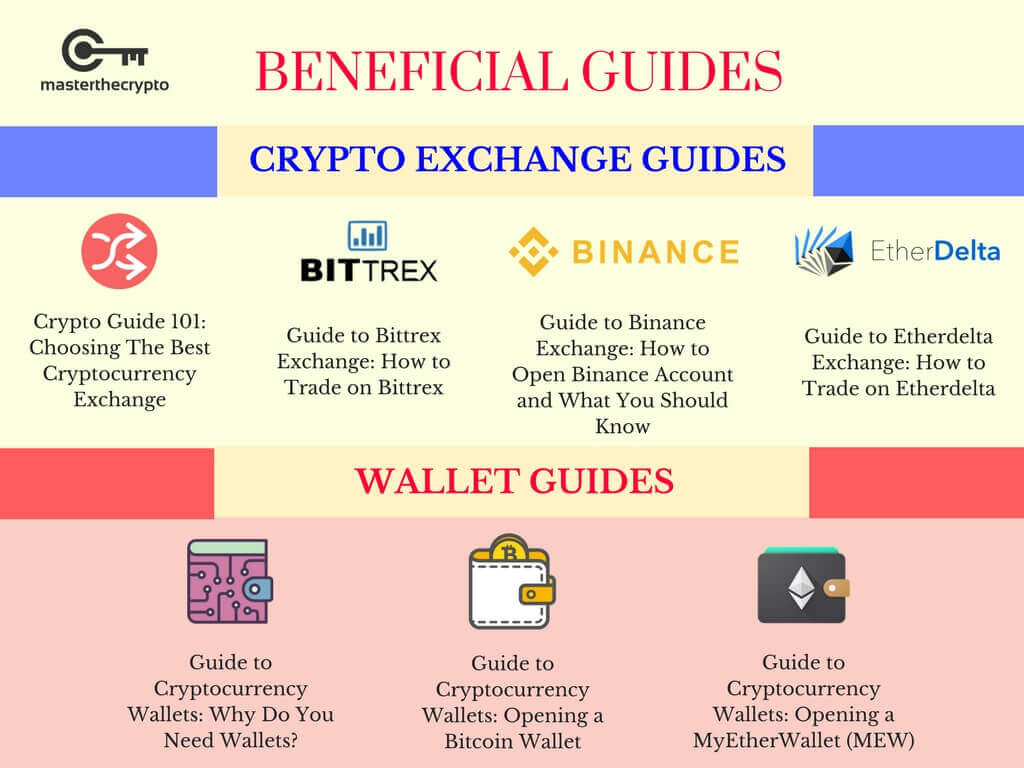This article explores Bitcoin's civil war that has been polarizing the community for years and what the future holds for Bitcoin.

Starting from August 2017, there is a possibility that a Bitcoin hard fork will occur. A hard fork is a split of the chain (just like when the original Ethereum blockchain was split into Ethereum & Ethereum Classic). I’ll try to explain as easily as I can, despite this being a very technical issue. (See also: Guide to Common Crypto Terms)
A Little Backstory
Prior to this, there has been a civil war between 2 factions in the Bitcoin (BTC) community concerning the solutions to improve Bitcoin’s protocol, due to the increasing adoption and usage of Bitcoin. Hence, the community was divided into:
1) Those who believed that the size of BTC’s blocks should be increased (by more than the current 1MB of each block);
2) Those who believed that this was too extreme (spearheaded by Bitcoin’s core developers)
The second group are kind like “purists”, and were ideologically opposed to changing the underlying BTC protocol since Bitcoin was created to be immutable and cannot be changed by anyone.
(Read also: Coins, Tokens & Altcoins: What’s the Difference?)
The Current Situation
It’s obvious that there has to be a change in BTC’s protocol to cater to the ever-increasing transactions due to greater adoption by the masses. The current solution is either:
- BIP 148: A user activated hardfork (suggested by core Bitcoin developers)
- Segwit 2x: A miner activated hardfork
Both of these solutions increase BTC’s block sizes, but requires different parties to activate. Currently, BIP 148 seems the most likely eventuality. A hardfork requires all participants to upgrade their software to the proposed solution; if they don’t, they will be invalidated from the network. The problem lies when certain participants DO NOT upgrade their software and continue participating in the original chain. This means that Bitcoin will split into the new chain and original chain, with 2 different currencies for each.
Implications For Bitcoin
It’s hard to say what will happen, but this will decide Bitcoin’s future. There are even initiatives proposed by other major entities to have a third solution, which will complicate things. Given the tension and polarity, I foresee to see how this would positively affect the market. Even in Ethereum’s hardfork where there was a consensus from everyone in the community to hardfork, there are still those that didn’t upgrade their software and thus resulted in an alternative chain called Ethereum Classic (ETC). In Bitcoin’s case, the confusion and polarization can adversely affect Bitcoin’s future and price. (Read also: Guide to Blockchain Scalability: Bitcoin Scalability Problem and Effects)
Ethereum’s hard fork back in 2016 crashed its price by more than 60% (from a high of $21 to $7!). If Bitcoin were to hardfork, the effect may be similar to the crash that happened to Ethereum. Therefore, I would strongly recommend you to not hold any Bitcoin until everything is settled.
(See more: 4 Reasons Why Now is the Best Time for You to Invest in Cryptocurrencies)
Implications For Ethereum
Considering the turmoil in Bitcoin and Ethereum being the second largest crypto, it would not be surprising for Ethereum to overtake Bitcoin. In addition to the value proposition that ETH offers, I would highly foresee ETH overtaking BTC in the future. But in the short-term, Bitcoin’s price may adversely affect the entire market, as history has shown that whenever Bitcoin crashes, almost all cryptocurrencies go down as well. Every coin is highly correlated to the price of BTC. But alternatively, Bitcoin’s hard fork may finally be the catalyst that pushes ETH into 1st position which can, therefore, push its prices higher. Anything can happen, and I suggest you do your own research. But I think it’s prudent advice to gear up for the coming Bitcoin saga.
(See also: A Guide To Fundamental Analysis In The World Of Cryptocurrencies)
Beneficial Resources To Get You Started
If you're starting your journey into the complex world of cryptocurrencies, here's a list of useful resources and guides that will get you on your way:

Trading & Exchange
- Crypto Guide 101: Choosing The Best Cryptocurrency Exchange
- Guide to Bittrex Exchange: How to Trade on Bittrex
- Guide to Binance Exchange: How to Open Binance Account and What You Should Know
- Guide to Etherdelta Exchange: How to Trade on Etherdelta
- Guide To Cryptocurrency Trading Basics: Introduction to Crypto Technical Analysis
- Cryptocurrency Trading: Understanding Cryptocurrency Trading Pairs & How it Works
- Crypto Trading Guide: 4 Common Pitfalls Every Crypto Trader Will Experience
- Guide to Cryptocurrency Liquidity: How to Measure Liquidity & Trade Well
Wallets
- Guide to Cryptocurrency Wallets: Why Do You Need Wallets?
- Guide to Cryptocurrency Wallets: Opening a Bitcoin Wallet
- Guide to Cryptocurrency Wallets: Opening a MyEtherWallet (MEW)
Read also: Crypto Trading Guide: 4 Common Pitfalls Every Crypto Trader Will Experience and Guide To Cryptocurrency Trading Basics: Introduction to Crypto Technical Analysis.
Get our exclusive e-book which will guide you on the step-by-step process to get started with making money via Cryptocurrency investments!
You can also join our Facebook group at Master The Crypto: Advanced Cryptocurrency Knowledge to ask any questions regarding cryptos!

I'm Aziz, a seasoned cryptocurrency trader who's really passionate about 2 things; #1) the awesome-revolutionary blockchain technology underlying crypto and #2) helping make bitcoin great ‘again'!

